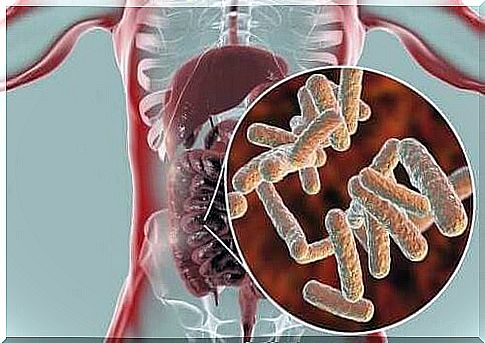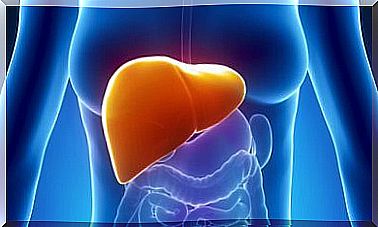Gut Flora: Everything You Need To Know

Whenever the term or microbiota or flora is used, it is a group of microorganisms. These microorganisms can live in different parts of the body such as the skin, mouth, vagina and other areas. Therefore, the term gut flora refers to a group of microorganisms that live in the gut.
The gut flora may also be referred to as “gut microbiota” or “gut microbiota”. It is seen by many experts as a “new organ” that performs key functions in maintaining good health. It is therefore known that the gut flora is closely related to growth, immunity and nutrition.
In addition, some believe that changes in the gut flora can shed light on complex problems such as obesity and asthma. Some studies show that the health of the gut microbiota is related to gastrointestinal disorders such as irritable bowel syndrome and celiac disease.
What is the gut flora?

As we mentioned above, the gut flora is the population of microbes that live in the gut. It is about 100 trillion microorganisms and almost 1,000 species of bacteria. They have about 3 million genes.
The gut microbiota can weigh up to 1.8 kg. However, only a third of the microbiota is common to most people. The remaining two-thirds are specific to each person. In fact, the US research initiative Human Microbiome Project identified only 30% of the gut flora.
The origin and development of the intestinal microbiota
Microbiota begins to develop from birth because the fetal gut is sterile in the womb. The composition of the baby’s microbiota directly depends on the method of feeding. Subsequently, its development stabilizes at the age of about three.
The intestinal flora evolves throughout life. It is worth remembering that many factors can improve its balance. Therefore, the microbiota of an elderly person differs significantly from that of a young adult or child.
In addition, various studies have shown that prebiotics and probiotics have a positive effect on the microbiota. They help some good bacteria grow and function properly because they act as nutrients for them. For example, fermented foods contain both prebiotics and probiotics.
The importance of the intestinal flora for health

Many experts view the gut microbiome as a “metabolic organ” because it is associated with nutritional factors, immune system regulation and systemic inflammation. All of these features are currently being researched.
In addition, microbiota has been proven to help the body digest certain substances that are difficult to digest for the small and large intestines. Additionally, it influences the production of some important substances, such as vitamins B and K, and maintains the integrity of the intestinal mucosa.
On the other hand, microbiota acts as a natural barrier against pathogens and is therefore essential for the functioning of the immune system. It is also believed that there is a close link between microbiota imbalance and Crohn’s disease.
Gut flora: a handful of additional information
Dietary characteristics and genetic factors influence the composition of the gut microbiota. A study in mice showed that it took one day on a different diet for the microflora of the animals to change as well. Overall, the mice on the Western diet gained weight rapidly.
Shortly after birth, there is a significant difference between the microbiota of breastfed babies and those who consume formula. Everything indicates that this factor has a significant impact on the development and balance of the microbiota in the future.
In the first two years of life, bifidobacteria predominate. From the age of 3, the intestinal flora begins to differentiate. Then, in an adult, it reaches its maximum complexity.
In 1989, Strachan showed that in developed countries there was a reduction in the number of microorganisms due to high standards of hygiene. This may herald an increase in immune diseases.
The gut flora is a truly incredibly complex ecosystem that greatly affects our health!









